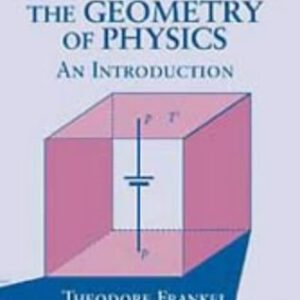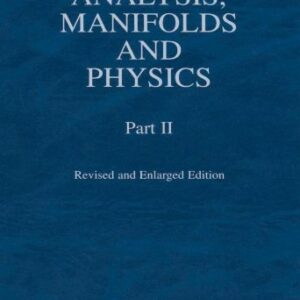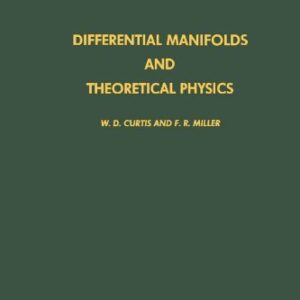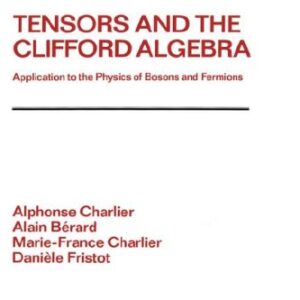This text is intended for undergraduate nonscience majors, satisfying a general education requirement or seeking an elective in natural science. It is a text on physics, but with an emphasis on topics and applications in astronomy; the perspective is thus different from most undergraduate astronomy courses: rather than discussing what one knows about the heavens (and including, where needed, a brief discussion of the necessary physics), this text develops the principles of physics (as one needs them to understand the behavior of matter on Earth) and uses these to illuminate what we see in the heavens. The fundamental principles governing the behavior of matter and energy are thus used to study the solar system, the structure and evolution of stars, and the early universe. The first part of the book develops Newtonian mechanics with an aim of understanding celestial mechanics. Chapters on electromagnetism and elementary quantum theory lay the foundation of the modern theory of the structure of matter and the role of radiation in the constitution of stars. Kinetic theory and nuclear physics provide the basis for a discussion of stellar structure and evolution. And an examination of red shifts and other observational data provide a basis for discussions of cosmology and cosmogony.
Physics
[PDF] Understanding the Universe: An Introduction to Physics and Astrophysics James B. Seaborn
$19.99

![[PDF] Understanding the Universe: An Introduction to Physics and Astrophysics James B. Seaborn](https://pdfelite.com/wp-content/uploads/2024/04/01591e75736f9d57906e71cf29e7cec3-d.jpg)




Reviews
There are no reviews yet.